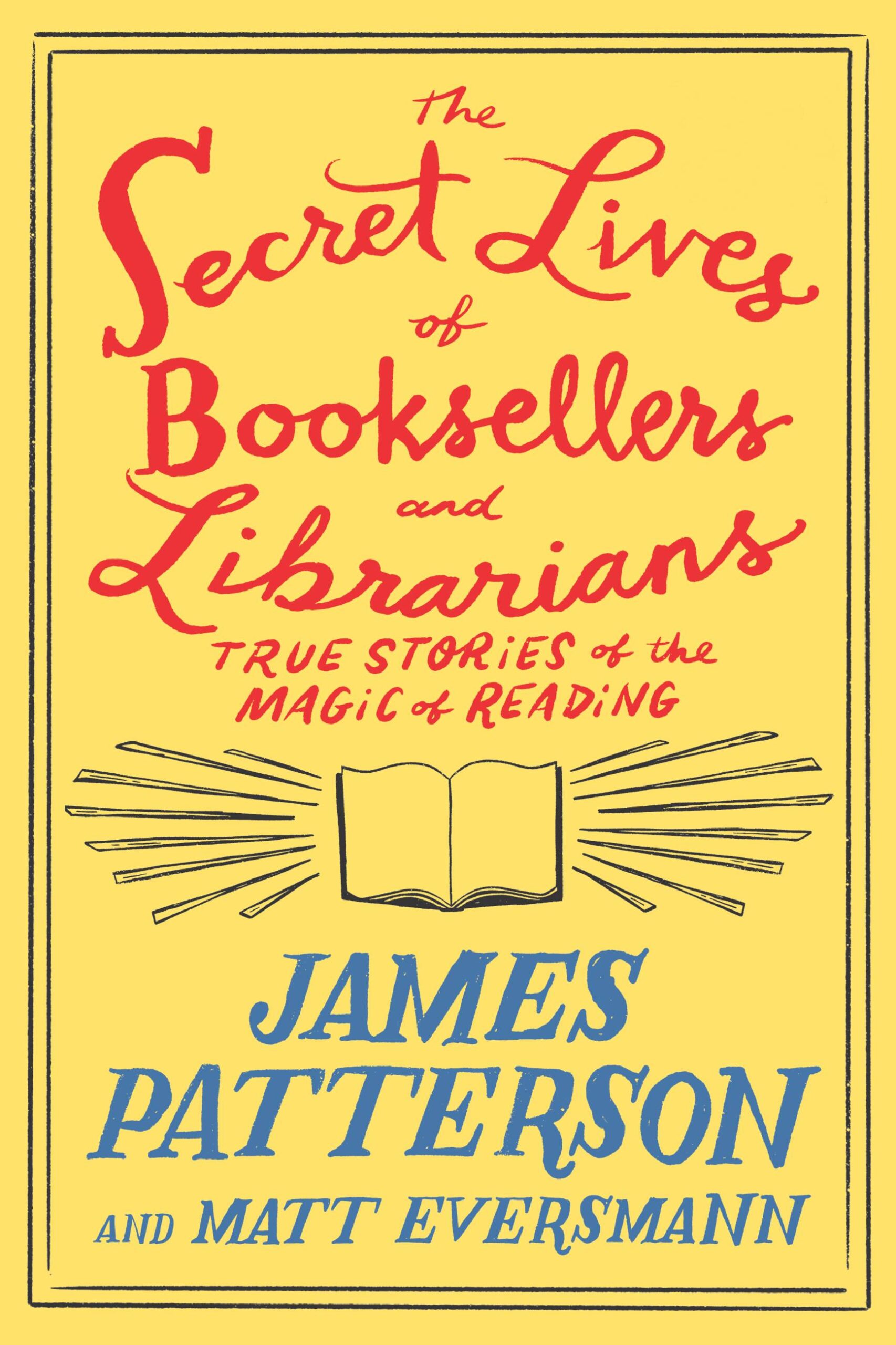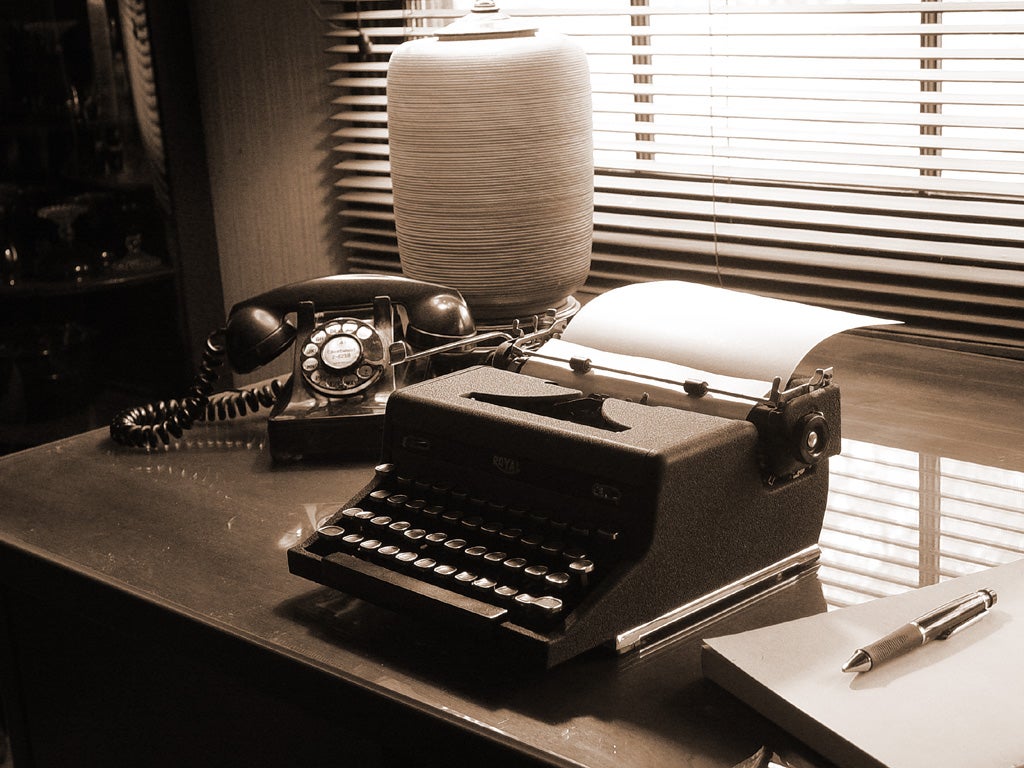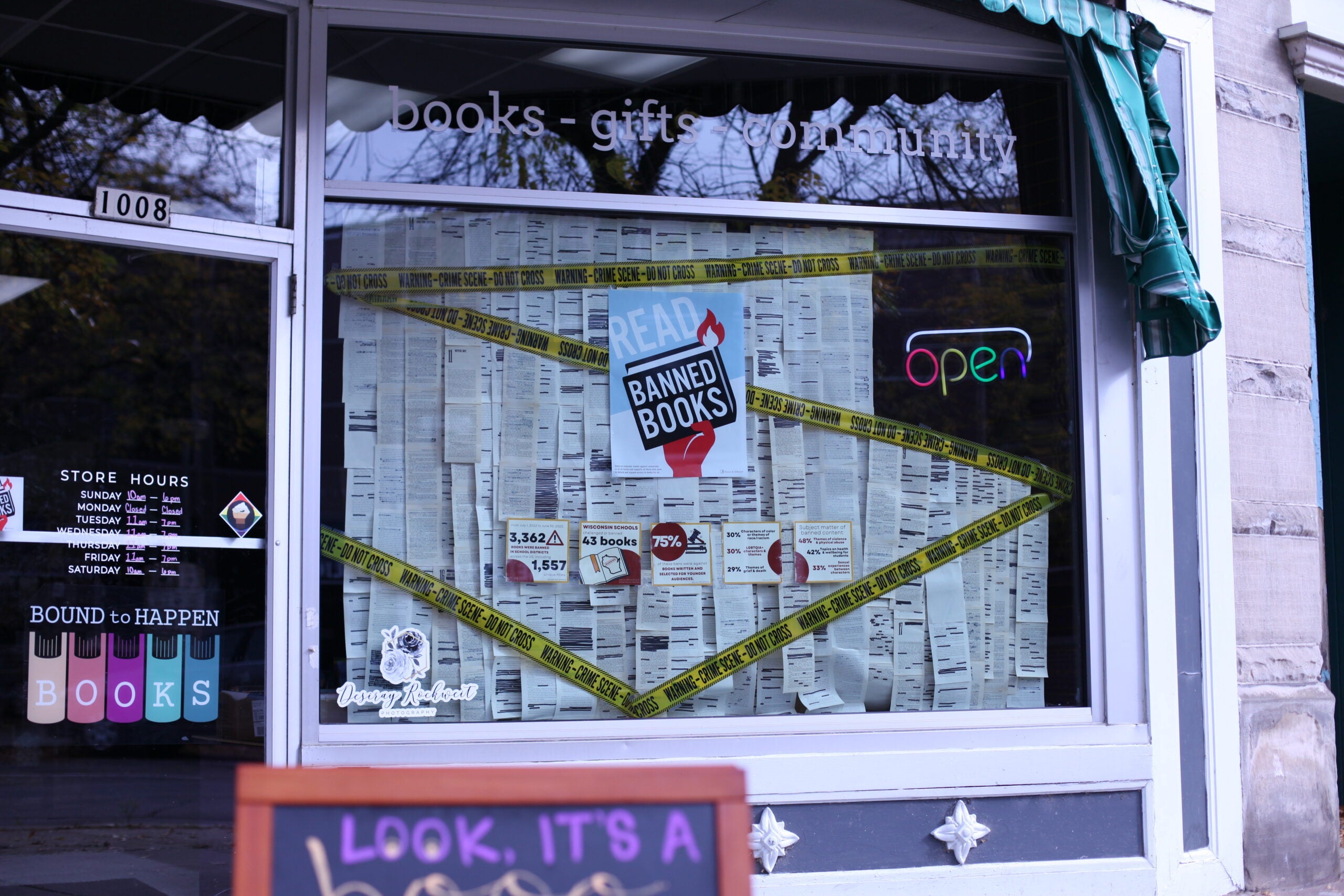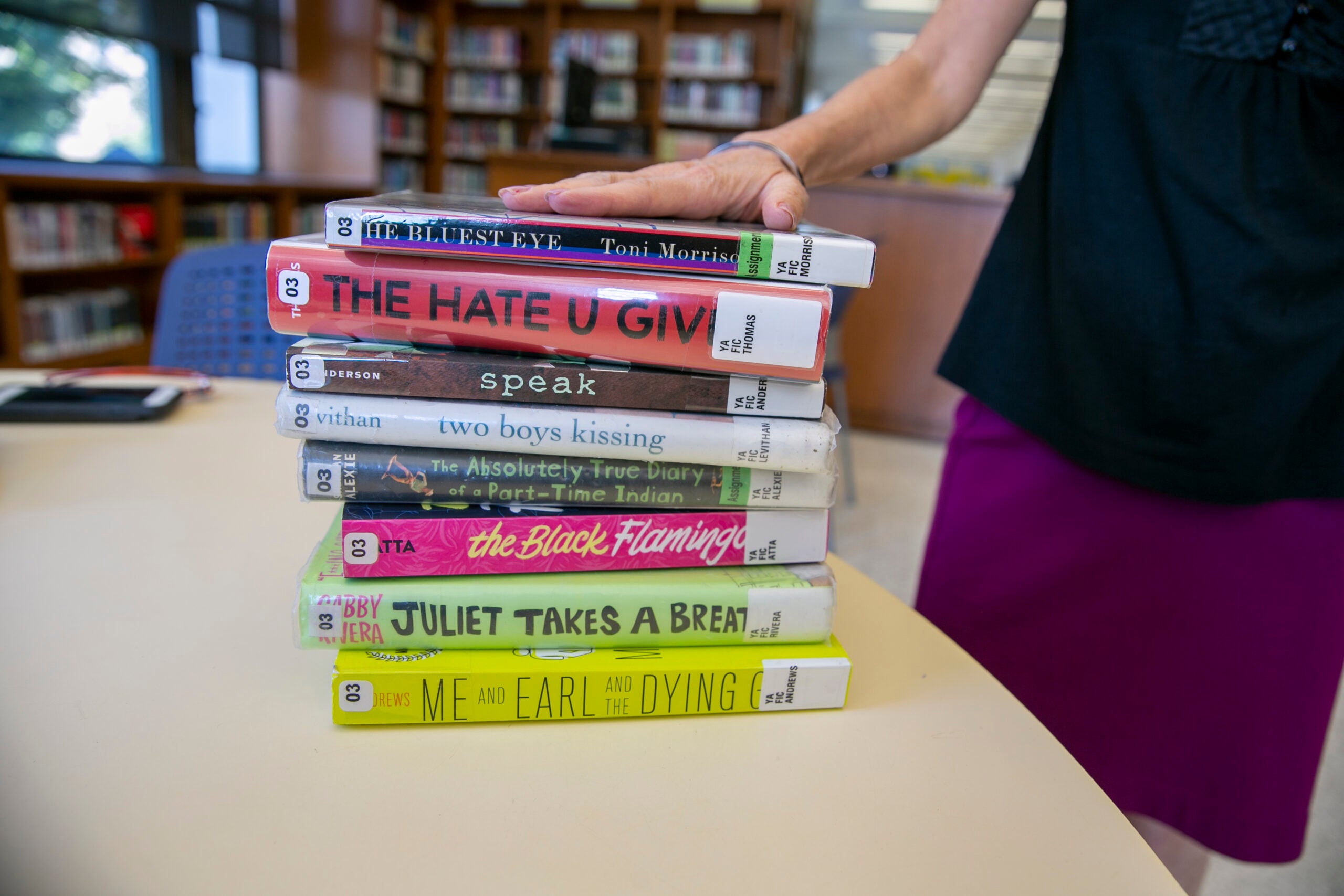James Patterson has been called “America’s greatest storyteller.” His latest book, “The Secret Lives of Booksellers and Librarians,” pays tribute to book lovers, including one from Wisconsin.
“If you thought you understood what librarians and booksellers do, you’re in for a big surprise because it’s not what you think it is,” Patterson recently told WPR’s “The Morning Show.”
“Secret Lives” — which was published on April 8 — focuses on several booksellers and librarians across the United States and Canada. One of the booksellers that Patterson talks to is Holly Strong, an area manager for Barnes & Noble in Green Bay.
Stay informed on the latest news
Sign up for WPR’s email newsletter.
Strong explains the superpower that books can have, especially with teenagers.
“There’s a lot of ways reading can help with (finding common ground),” Strong is quoted saying in the book. “You’re going to be able to see other people’s experiences and if you don’t have anyone in your own life that is going through the same things … there’s always going to be a book that allows you to recognize, ‘I’m not alone.’”

In addition to his new book, Patterson spoke with Kate Archer Kent on “The Morning Show” about supporting book stores, the problem with book banning, literacy rates and the love of reading.
The following interview has been edited for brevity and clarity.
Kate Archer Kent: You feature the Wisconsin bookseller Holly Strong as part of this collection. She is a Barnes & Noble area manager in Green Bay.
James Patterson: There used to be the sort of battle between Barnes & Noble and Borders and indies (independent bookstores). And I think that’s beginning to go away a little bit. People are just going, “You know what, let’s just have people read books, it’s all good.”
And one of the things you’ll find about some of the Barnes & Noble people is they’re coming from the same place as the indies in terms of they want to sell, they want to do right by books and they’re passionate about books.
KAK: Several booksellers talk about the relationships they have with authors and you know this firsthand, I’m sure. One Florida bookseller talks about how author Brad Meltzer always made special trips to her bookstore and how they got to know each other’s families. How does that relationship work between author and bookseller?
JP: It’s really all over the lot. Chris Grabenstein, who I’ve done a bunch of kids books with — he must go to about 50 (bookstores) a year. I don’t do that as much. I did a lot more in the beginning.
I remember the first one I ever did. It was way back and it was in the World Trade Centers, which is weird. There was a Borders, I think, in the basement. And they had about 100 books sitting and nobody came. It was just my girlfriend at the time and she sat across the table from me when we pretended that I was signing her book. That was the reality. Never forgot that one.
KAK: I want to turn our attention to book challenges and we see that popping up in the stories that come from your librarians and booksellers. There’s a former public librarian in Texas who talks about this conflict with her boss and the city government about book censorship.
This librarian, Suzette Baker, refuses to take books off the shelves that people complained were inappropriate for kids. What is your reaction to a story like that?
JP: I don’t like preaching to the converted. And unfortunately most of the people listening to this show are going to be the converted. I’m most interested in talking to people who think book banning is OK…. Especially people who theoretically don’t want the government in their face on things.
I always say I don’t want strangers telling my family members what they should and shouldn’t read, which should appeal to people who theoretically are going to think book banning is OK. Once again, just trying to talk to people who are at least on the fence. It’s a silly thing that’s going on. It isn’t as dangerous as you’d make it out to be but it could be, it could be horrifying.
I’ve had books banned. “Maximum Ride” has been banned in a few counties, which is crazy. I think 30 million kids have read it and they’re doing OK. Every once in a while, there probably is a book somebody writes, a book about how to be a Nazi at 10 years old, we probably should ban that. But it should be so rare that a book gets banned, it should almost never happen.
KAK: One of the librarians depicts these book challenges coming from a small, noisy, well-organized group of people. Do you find that description accurate?
JP: It certainly is a big piece of the puzzle. I know in the case of my books, at least in two of the counties, one woman came in, she complained about “Maximum Ride” and said middle schoolers shouldn’t be reading it. But she had never read it.
The other piece is they talk about parents’ rights. I think the parents do have the right when a kid brings home a book to talk about it. If an 8-year-old brings home “Hunger Games,” I think it’s fine for you to say, “Honey, I’m not sure if you’re ready for that. Let’s talk about it.”
I would love parents, all parents, to be that involved with their kids and what they’re reading and more important what they’re doing on the internet or on their phones. So parent involvement — great! Parents dictating what other parents should do — not great.
KAK: The stories in the book show the hard work that booksellers have. It’s not sitting around reading when you’re running a business like this.
JP: One of the booksellers said a lot of people think they just sit around the store and read books. That’s not really true. You work. Her line to people that she’s interviewing was, “Do you like to clean toilets?” That’s the reality of it in the store if you’re busy.
The hand selling part is great and that’s what in almost all cases drives both the booksellers and the librarians. They love that idea of turning people on to books that they hadn’t discovered and the joy when people come back and go, “I love that book that you recommended.”
Wisconsin Public Radio, © Copyright 2025, Board of Regents of the University of Wisconsin System and Wisconsin Educational Communications Board.





